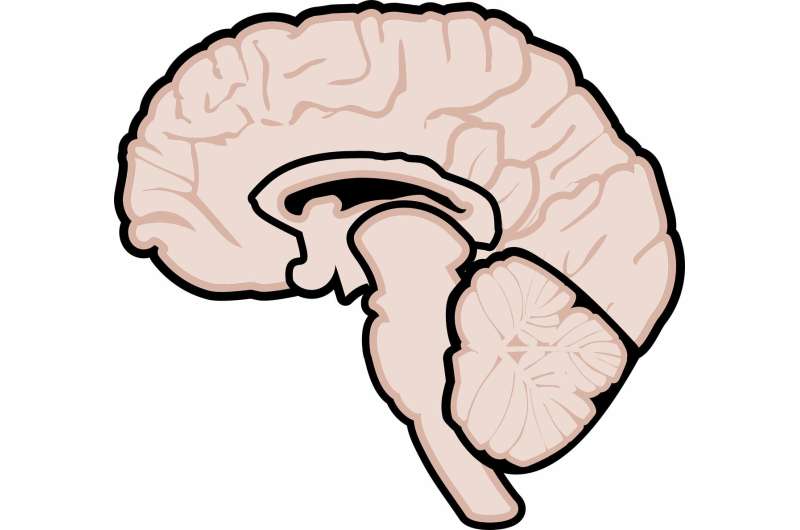Multiple sclerosis drug works in a surprising way

Drugs called interferon betas are common treatments for multiple sclerosis (MS), reducing relapses and slowing motor function decline. Interferon beta, a protein known to contain a zinc binding pocket, is thought to reduce proinflammatory molecules and even increase production of anti-inflammatory species in MS patients. But researchers now report in ACS Chemical Neuroscience that the molecule reduces the binding of three components—zinc, C-peptide and albumin—to red blood cells.
According to the National Multiple Sclerosis Society, almost a million people in the U.S. and about 2.8 million people worldwide live with MS. This autoimmune disease damages the myelin sheath, an insulating layer of proteins and fats wrapped around nerves, which leads to impaired neuronal signaling. People with MS typically have pain, numbness and mobility issues that worsen over time.
Cells that make myelin are sensitive to adenosine triphosphate (ATP) and nitric oxide (NO), molecules that are present in high amounts in the blood and brain lesions of MS patients. Red blood cells can release NO directly, but they can also stimulate NO production in the lining of blood vessels by releasing ATP. NO can then go on to damage nerves in MS patients. Zinc, C-peptide—which is secreted by the pancreas along with insulin—and albumin are key players in the latter process, and they can latch onto red blood cells. Because interferon beta can bind zinc, it seemed possible that the drug helped patients by sopping up this mineral, so Dana Spence and colleagues wanted to investigate further.
In lab tests, the researchers found that red blood cells from MS patients bound more zinc, C-peptide and albumin than cells from control subjects. Treatment with interferon beta reduced this interaction in MS samples down to control levels. Albumin boosted zinc and C-peptide binding to MS red blood cells, and this effect went away with interferon beta treatment. From these data, the researchers conclude that it's likely the drug is inhibiting albumin binding, keeping it from delivering its cargo of C-peptide and zinc to red blood cells so that NO can be made.
More information: Interferon‑β Decreases the Hypermetabolic State of Red Blood Cells from Patients with Multiple Sclerosis, ACS Chemical Neuroscience (2022). DOI: 10.1021/acschemneuro.2c00332





















